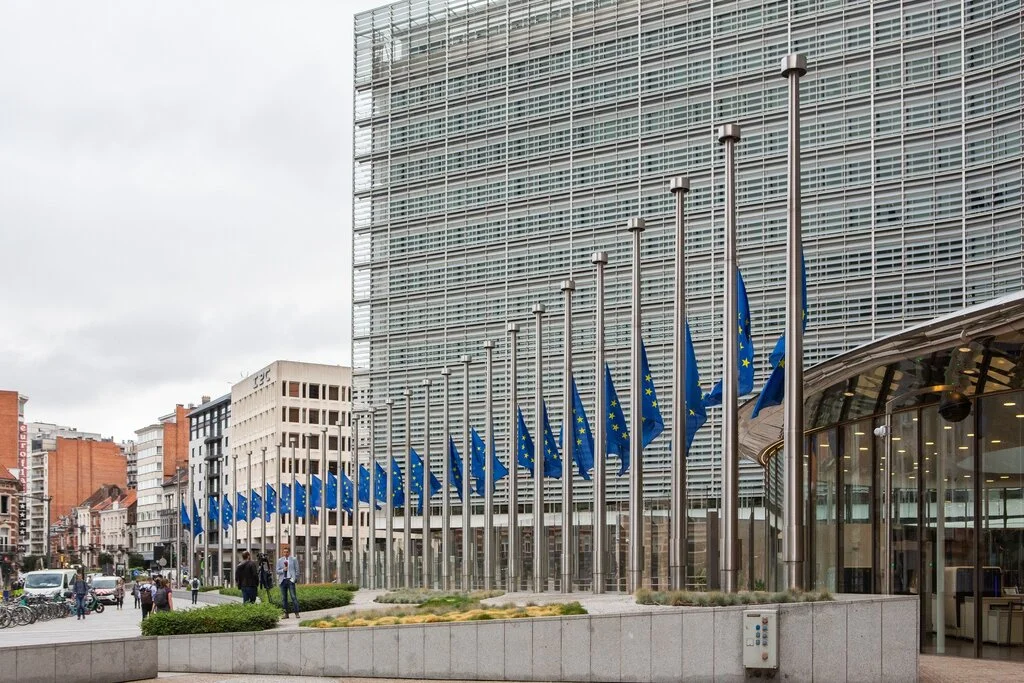FM Szijjártó: Brussels keeps lecturing the Western Balkans

Hungary is a staunch supporter of the European integration of the Western Balkans, Foreign Minister Péter Szijjártó said in Budapest on Friday, calling for the enlargement of the European Union to be speeded up.
The Western Balkans has always been important to Hungary, and the ongoing war in Ukraine has made the region even more important, Szijjártó told a press conference he held jointly with Stasa Kosarac, Bosnia’s minister for foreign trade, according to a ministry statement.
Peace, calm and security in the Western Balkans is in Hungary’s national interest, Szijjártó said. The best way to achieve that is EU integration and economic development, he added.
“Hungary is therefore a committed supporter of the EU integration of the Western Balkans and also supports the region’s economic development,” he added.
The minister said the “snail’s pace” of progress in EU enlargement could “easily cause instability and lead to the Western Balkans turning elsewhere”.
“Unfortunately, Brussels regularly proceeds to lecture the Western Balkans instead of applying a voice of mutual respect,” Szijjártó said. “So often in Brussels they talk about the Western Balkans instead of talking with the Western Balkans, and this is rather irresponsible.”
Hungary is committed in its support for Bosnia and Herzegovina’s EU accession, he said, adding that there were Hungarian experts aiding the process.
Hungary also promotes economic growth in the region, he said, noting that the government has launched an economic development programme in Bosnia’s autonomous Serb Republic. Fully 768 local farmers and businesses have been supported with a total of 11 million euros through the scheme, which they could use to buy Hungarian agricultural machinery, Szijjártó added.
An agreement has been reached on the launch of another round of support worth a total 17 million euros in early June, he said.
Szijjártó welcomed that bilateral trade turnover reached a record 600 million euros last year. The involvement of Hungarian businesses in the installation of solar farms in Bosnia and Herzegovina will be important to boosting trade, he added.
Meanwhile, Szijjártó said both Hungary and Bosnia and Herzegovina were interested in the war in Ukraine ending as soon as possible.
Both countries see energy security as a priority, and the TurkStream gas pipeline is key for both of them, Szijjártó said.
He said that to guarantee the region’s energy supply, the EU could no longer afford to be “passive” when it came to the capacity expansion and upgrade of southeast Europe’s energy infrastructure.
“This is a European issue,” Szijjártó said. “We can’t have Brussels determine where we should buy natural gas and oil from, only to then not provide any assistance in developing the infrastructure.”
“If the European Union doesn’t contribute financial resources to the renovation, upgrade and capacity expansion of southeast Europe’s energy supply network, it will have no legal basis to have a say in where and from whom these countries buy what kind of energy,” Szijjártó said.


Every club including the EU has rules. If you want to be a member you must follow the rules. Hungary is a case in point about the problem of a country not following the rules but is already a member. The EU has set down a number of issues that Serbia must comply with before accession and a big one is alignment with EU foreign policy. The last thing the EU needs is a second Kremlin mole like Hungary inside the organization. Serbia has too large a pro-Russian portion of the population to the extent that Wagner actually actively recruits mercenaries there to kill Ukrainians. Extremist organizations stage pro-Russia rallies in Serbia. Ultimately it would be better to have Serbia and Bosnia in the EU but it has to be done carefully and they need to be lectured constantly on what is expected of them just as Orban and Szijjarto need more lectures.
Serbia has a long way to go. The president just resigned today. The country is unstable, violent, full of weapons among the population, full of corruption and organized crime. From Reuters: “Opposition parties and rights watchdogs have long accused Vucic and the SNS of autocracy, stifling media freedoms, violence against political opponents, corruption and ties with organised crime. Vucic and his allies deny the accusations.” Szijjarto wants the EU to let Serbia in when it is in this kind of condition? Szijjarto is completely mad and is a constant menace to EU security.
When the club changes rules, it is time to leave, join or form a new club. When the powers be, created Kosovo, they created a future conflict. It was utterly stupid to form a nation made up of two conflicting ethnic groups. It is time to return the land occupied by ethnic Serbians to Serbia.
Kosovo is a difficult one. This is the problem when a large country with different ethnic groups splits apart and some people find themselves on the wrong side of the new border. Bosnia is another one. All of these ethnic groups tend to be ultra-nationalistic hot heads. I would tend to agree that the people in ethnically Serbian zone of Kosovo should be given a chance to vote on whether they wish to be part of Kosovo or Serbia. This should have been established right at the start. Unfortunately, Kosovo is not going to want to give up any of its’ turf now. Some form of autonomous rule within Kosovo might work for a while. Perhaps the EU can pressure Kosovo into some kind of settlement with ethnic Serbs as a condition of accession. Ethnic Albanians compose 90% of the Kosovo population. Once anyone starts a process of adjusting borders it opens a huge can of worms. Other people may see it and start making new demands to adjust the border somewhere else. That’s why the borders of Europe established in 1945 should be respected to keep the peace and were until the Russian imperialists invaded Ukraine.